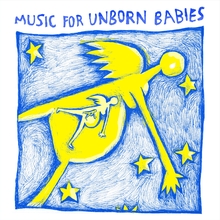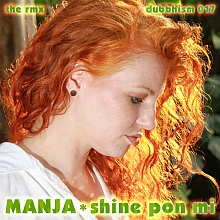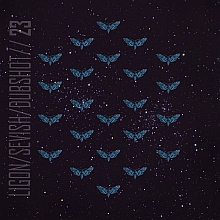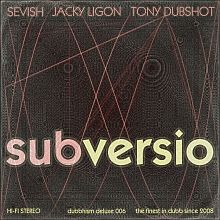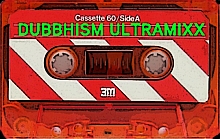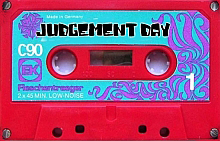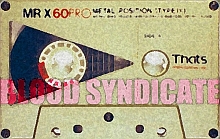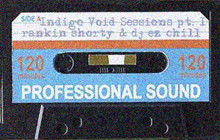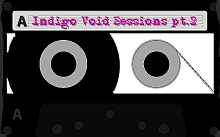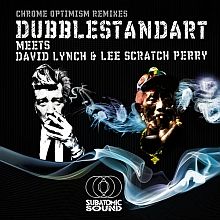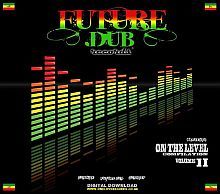
Astrology is a deep, and also a controversial subject. Skeptics claim that it's based on delusions, superstition or 'magical thinking' while believers are hearing the voice of the Gods. Paradigm wars aside, let's take a look at some of the basics of the astrological mindset.
For neutral observers, one of the most basic astrological ideas would probably be that the movements of the heavens are somehow related to life on Earth in both a physical and a meaningful way.
Physical
If we want to draw a fairly straight line between physics and metaphysics, the Standard Model of particle physics is probably a good place to start. It says that all natural phenomena can be reduced to four fundamental forces: the electromagnetic, weak and strong interactions and gravity. That's (most of) physics in a nutshell. Example: the Sun produces energy that warms up the Earth. The gravitational influence of the Moon creates tides.
Meaning
Stepping into the realm of meaning, we accept the idea that Nature has other modes of operation up it's sleeve as well. For practical purposes, let's say that when we talk about meaning, this implies:
a. the production of complex patterns or structures consisting of signs, metaphors and/or symbols;
b. recognition, decoding and/or interpretation of these patterns;
c. communication.
Altho there is such a thing as unintentional or subconscious communication, within the (modern) astrological mindset the act of interpretation should mostly be seen as intentional. And if we were to agree that somehow, some aspect of Nature produces a complex, meaningful stream of astrological signs (the word sign used in a semiotic sense), this proces might also be intentional in some sense.
In astrology we have two sources of signs: the dynamics of the firmament (above) and earthly events (below). Astrologers look for meaningful correspondences between patterns of signs above, and patterns of signs down below. Celestial symbolism can be based on observable physical events, like a conjunction of planets, but the astrological toolbox can also include more abstract 'geometric' signs like planetary nodes, house systems and so on. Earthly signs are specific physical or psychological events or processes that seem to correspond to, match or 'rhyme with' celestial symbolism. These relations can be quite literal or loose, associative and even poetic.
So how can an objective physical event like a planetary conjunction or an eclipse of the Sun become a meaningful sign in the mind of human beings? The human tendency to conceptualize, think and communicate in terms of embodied metaphors (see George Lakoff and Mark Johnson) seems relevant. In the human brain, physical parameters like size, speed, temperature and direction do not 'live in isolation' so to speak. During our lifetime, we connect these aspects of our experience of physical events in new, creative ways. Metaphorical thought literally creates new neural paths in the brain.
Bingo! A poetic match
Before we can have a poetic match between events above and events below, we need a fairly stable system of rules for interpretation. In other words: we need some consensus. While poetry may not be as precise as physics, it's not a license for free association, chaos or madness. Metaphors and symbols have their own kind of precision. But how can we find out what some celestial sign actually means?
Because of the complex nature of the celestial sign-machine and astrology's dependence on subjective interpretation, within each culture or tradition astrological consensus develops slowly. It takes many generations of specialized observers. And it takes peer review and error correction mechanisms.

This stupid astrologer has lied to the king, off with his head!
But if certain poetic matches are observed often enough, and even show
some predictive power, they become part of an astrological canon.
It's a bit like science really.
Note that a celestial sign, like for example a planetary conjunction, can simultaneously be related to simple, easily observable physical events, and to more complex psychological processes involving
layered metaphors and symbols.
sign: if wood or metal
is shiny and red, it's hot and dangerous;
metaphor: certain 'redheads' are hot, sexy and even dangerous.
In other words: a celestial sign may at the same time be linked to physical events like fires (hot and dangerous) and to vaguely related psychological processes, like a preference for people with red hair. 
Philosophy: matter or mind?
The official academic history of philosophy, as taught in Western schools, started roughly 2600 years ago in Greece. The Pre-Socratic Greek philosophers asked basic questions about the essential stuff the universe is made of. Some, like Thales, said that everything is basically watery while others, like Heraclitus maintained that everything is basically fiery (as in red, hot, sexy and dangerous).
This simplistic picture of the birth of Western philosophy more or less rhymes with a modern philosophical discussion. Nowadays, philosophers discuss whether basically, everything is matter-like or mind-like. Is everything, including human consciousness, ethics, dreams and so on made of stuff and therefore ruled by physics? Or is matter essentially a by-product of mental, metaphysical activity?
If we want to think about the fundamentals of astrology, it seems appropriate to assume that the universe is basically mind-like. Matter-based explanations of astrological synchronization may be possible but what i've seen so far (blame electromagnetism) doesn't look convincing at all. That's why for this series of blogs i will be relying on a modern, rigorous flavor of idealist philosophy. The views of computer scientist and philosopher Bernardo Kastrup are my starting point. Kastrup knows his mathematics, quantum theory and philosophy of mind and he formulates his ideas clearly.
Conveniently, Kastrup also knows his C.G. Jung. The Swiss psychiater's intellectual legacy is also a core element of Cosmos and Psyche, a critically acclaimed book by another philosopher: Richard Tarnas. Cosmos and Psyche offers fairly solid astrological perspectives on various kinds of historical events. Tarnas' perspective is another source of inspiration for this series of blogs.
Since i've mentioned Richard Tarnas, i should say that i'm also very appreciative of the following authors, who have shaped my thoughts about astrology:
• Bernadette Brady, for her work on visual astrology and fixed stars;
• Benjamin Adamah, for his encyclopedic work on asteroids;
• Theodor Landscheidt, for his theories about golden ratio-aspects;
• Hans-Jörg Walter and David Hamblin for work on prime harmonics.
In the next episode, we'll look at the complex symbolic web of astrology.


